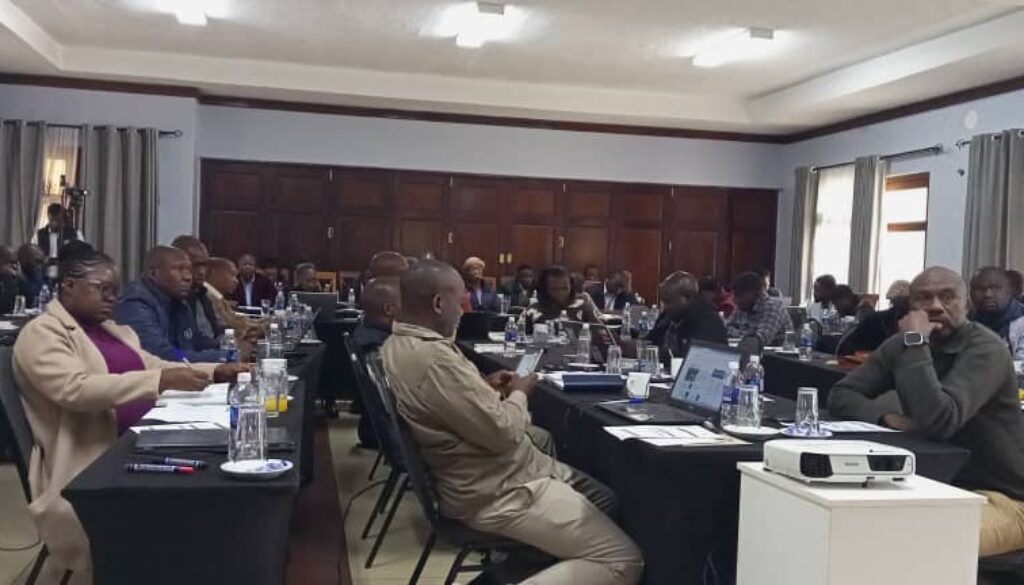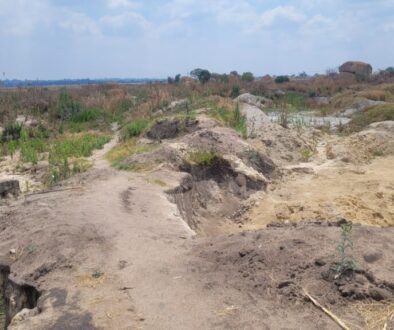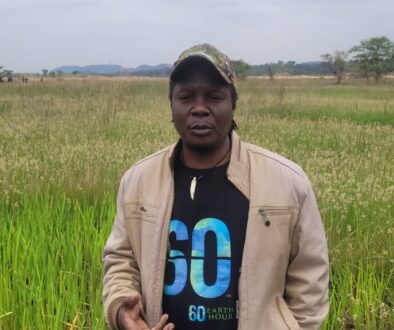Residents associations adopt community stewardship model to protect wetlands…
By Edgar Gweshe
IN LIGHT of Zimbabwe’s water crisis and the adverse effects of climate change, residents’ associations across the country have adopted a plan to protect wetlands through a community stewardship model.
Wetlands play a crucial role by acting as water sources as well as mitigating the adverse effects of climate change.
Of late, wetlands have been under threat due to a number of factors including unplanned development projects, sand mining and unsustainable farming practices.
The resolution by the residents’ associations came out during the 2024 National Residents’ Summit held in Bulawayo from October 1-2 under the theme, ““Towards Water Justice and Climate Resilience”.
The main thrust of the summit was to deliberate on climate justice, social movement building, water, sanitation and hygiene as well as devolution implementation.
Participants at the National Residents’ Summit noted the need to Intensify advocacy around wetlands protection ahead of the Ramsar COP 15 Summit to be hosted by Zimbabwe in July 2025.
Building localised climate action plans is equally important in responding to climate change, noted the residents’ associations.
“After two days of intense debates and deliberations, Residents Associations affirmed that they will co-create Climate Policies with their local authorities, and come up with localised climate action plans in order to build climate resilient communities.
The residents’ associations are to push for the protection of Natural infrastructure including wetlands and will intensify advocacy on the protection of wetlands ahead of the COP15 Ramsar Summit to be held in Zimbabwe in 2025 and will facilitate a side event for engagement.
The residents’ associations will work to promote tourism through adoption of wetlands as nature parks using the community stewardship model,” read a Communique from the summit.
Participants also noted that addressing climate change is key towards the attainment of Zimbabwe’s Sustainable Development Goals hence the need to continously lobby government and push for the domestication of international frameworks on climate change that Zimbabwe is party to, including the protection of wetlands.
In response to the water crises in Harare and Bulawayo, the residents’ associations noted the need to collectively advocate for the completion of the Matabeleland Zambezi Water Project and the Kunzvi Dam as a matter of urgency.
“The completion of these projects is crucial for climate resilience in helping mitigate drought and water scarcity, enhancing water security, supporting agriculture and industries and promoting renewable energy through hydroelectric power generation. Residents’ association will collectively lobby government to increase budgetary allocations towards water in the 2025 national budget, taking into account the effects of the El Nino induced drought and its effects on water,” read the Communique.
Stakeholders present at the summit, including traditional leaders, Mayors, representatives from the Urban Councils Association of Zimbabwe (UCAZ) and the Association of Rural District Councils of Zimbabwe appreciated the role of residents’ associations on water provision and climate change mitigation.





